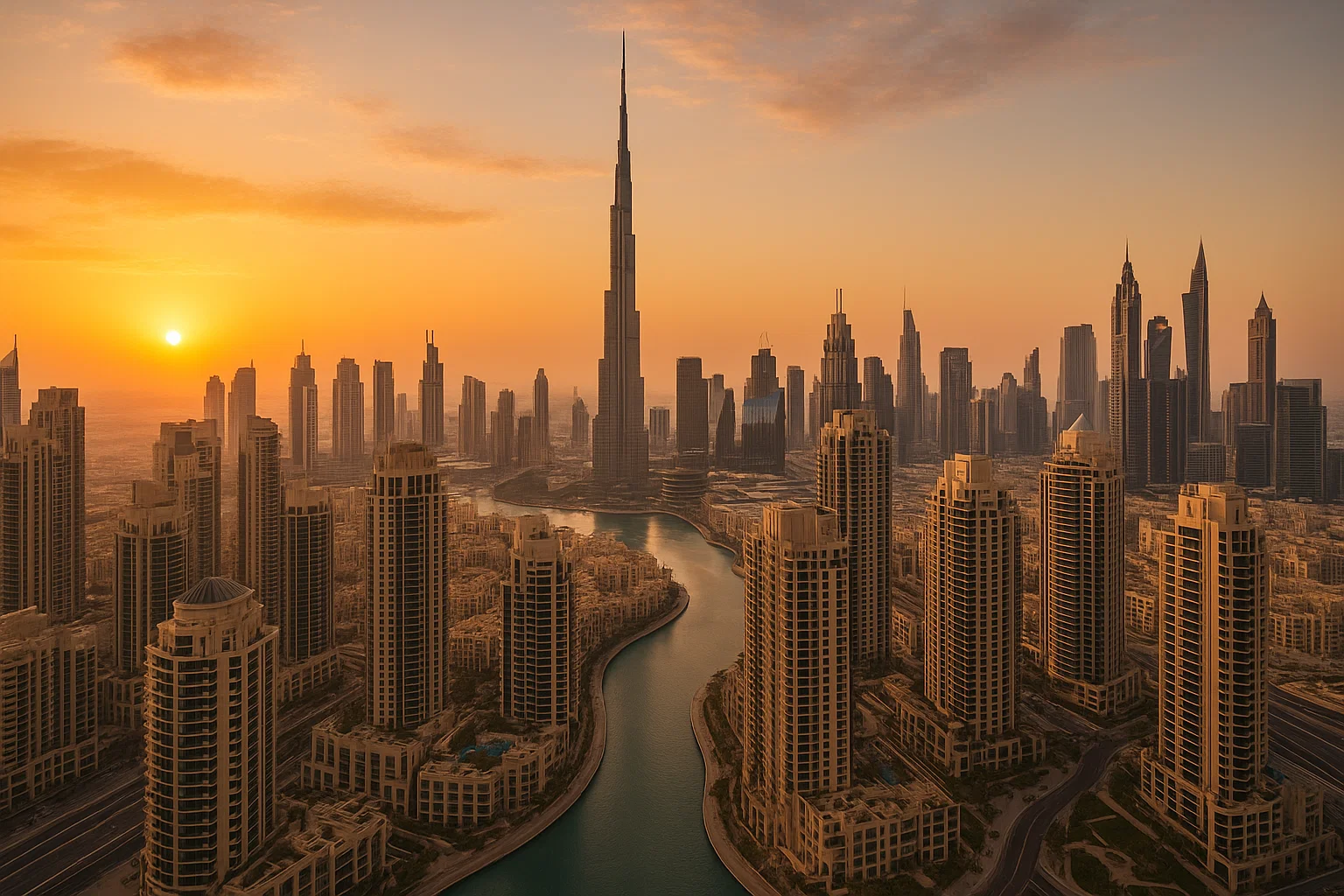Is Buying Freehold Property in Dubai Right for Expats?

What is a Freehold Property in Dubai?
Benefits of Buying Freehold Properties in Dubai for Expats
1. Full Ownership Rights
2. High ROI and Rental Yields
3. Residency Visa Eligibility
4. Capital Appreciation Potential
5. No Property Tax
Where Can Expats Buy Freehold Property in Dubai?
Freehold vs. Leasehold: What’s the Difference?
Potential Challenges for Expats Buying Freehold Property in Dubai
1. Upfront Costs
2. Market Fluctuations
Tips for Expats Investing in Freehold Properties in Dubai
Why Now is the Right Time to Buy Freehold Property in Dubai
Conclusion
Is Buying Freehold Property in Dubai Right for Expats? Dubai’s real estate market has always been a point of attraction for global investors and expatriates. With its world-class infrastructure, tax-free income, and high rental yields, it continues to attract people from across the world looking to invest or settle. One of the most appealing aspects for expats is the opportunity to own freehold properties in
Dubai. But is buying a freehold property the right move for expatriates? In this detailed guide, we explore everything expats need to know about freehold properties in Dubai, the benefits, potential risks, and how to make the most of the opportunities in this thriving market. What is a Freehold Property in Dubai? Freehold properties are properties where the buyer has full ownership of the unit
and the land it stands on, with no time limit on the ownership. This type of ownership gives expats the legal right to sell, lease, or live in the property as they wish. In Dubai, the concept of freehold ownership was introduced in 2002 when the government passed laws allowing foreign nationals to buy, own, and sell property in designated freehold zones. This marked a
turning point in Dubai’s real estate history, making it a truly global property investment destination. Benefits of Buying Freehold Properties in Dubai for Expats 1. Full Ownership Rights The biggest advantage of freehold properties in Dubai is full ownership rights. As an expat, you own the property and the land outright, and can pass it down as inheritance. This long-term ownership is a strong incentive
for those looking to settle in Dubai or generate long-term rental income. 2. High ROI and Rental Yields Dubai is known for offering high rental yields, with many freehold communities providing returns between 5% to 8% annually. Areas like Dubai Marina, Downtown Dubai, Jumeirah Village Circle (JVC), and Business Bay offer especially attractive investment options for expats seeking income-generating assets. 3. Residency Visa Eligibility Investing
in freehold properties in Dubai can also open the door to a UAE residency visa. Property investors are eligible for 2-year or even 10-year Golden Visas, depending on the value of the property. This is a huge bonus for expats looking to make Dubai their long-term home. 4. Capital Appreciation Potential Dubai’s real estate market is on a steady upward trajectory. With government-backed initiatives, Expo
legacy projects, and growing demand from international investors, many freehold properties in Dubai have shown strong capital appreciation over the past few years. 5. No Property Tax Another compelling reason to buy a freehold property in Dubai is the absence of property tax. Unlike many countries, Dubai does not levy annual property taxes, allowing property owners to maximize their return on investment. Where Can Expats
Buy Freehold Property in Dubai? Expats can purchase freehold property only in areas designated as freehold zones. Some of the most popular and high-performing freehold areas include: Dubai Marina Downtown Dubai Business Bay Palm Jumeirah Jumeirah Village Circle (JVC) Arabian Ranches Dubai Hills Estate Jumeirah Lake Towers (JLT) DAMAC Hills These areas offer a range of property types including apartments, villas, and townhouses, with various
price points catering to different budgets. Freehold vs. Leasehold: What’s the Difference? Before making a decision, expats should understand the key differences between freehold and leasehold properties : Aspect Freehold Leasehold Ownership Full ownership of the property and land Right to occupy for a fixed term (usually 99 years) Resale rights Can sell or rent without restrictions Resale may have limitations Areas available Specific freehold
zones More limited areas Popular with Long-term investors and expats Short-term residents or those on a budget Potential Challenges for Expats Buying Freehold Property in Dubai While the benefits are significant, it’s important to be aware of the challenges: 1. Upfront Costs Buying a property involves additional costs such as: 4% Dubai Land Department (DLD) fee Agency fees (2% – 5%) Developer or service charges
These should be factored into your budget when evaluating the total cost of ownership. 2. Market Fluctuations Although Dubai’s market has been performing well, like any global market, it can be subject to corrections. Expats should take a long-term view and work with trusted property consultants to make informed decisions. 3. Understanding Legal Framework Foreign buyers must familiarize themselves with the legal procedures of buying
freehold property in Dubai. Engaging a reliable real estate agency or legal advisor can simplify this process. Tips for Expats Investing in Freehold Properties in Dubai Work with RERA-registered agents to ensure a secure and legal transaction. Check the reputation of the developer and the track record of previous projects. Visit the property site or request a virtual tour before making a purchase. Understand service
Key Topics
- Is Buying Freehold Properties Dubai Right for Expats?